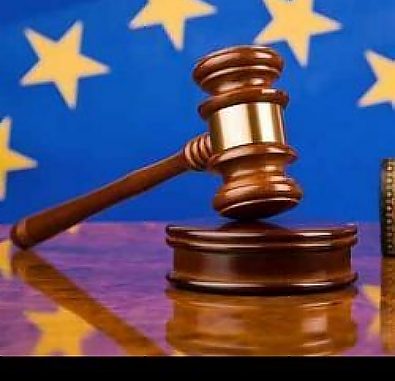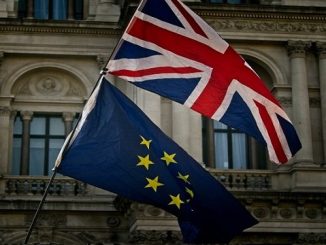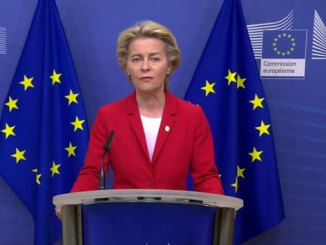
Britain’s tense relationship with the court was highlighted in the Commons when leading Tory Brexiteer Jacob Rees-Mogg poured scorn on Brussels demands that the ECJ will continue to apply on citizenship issues in the UK after Brexit. The MP compared the idea to “colonialism”, blasting the idea a foreign court should decide on the rights of people living in Britain. He said no “reasonable person” could argue against Theresa May’s plans for EU citizens in the country. She said: “For it to work you have to spend the time and effort in working out exactly how the rights are going to work and going to be enforced.”
But Britain’s most senior ECJ judge Eleanor Sharpston said dropping the court is likely to cause huge problems and warned the entire legal system could “fall over” if the transfer of EU law into UK law is not done precisely.
Former Conservative leader and leading Brexiteer Iain Duncan Smith described the court as an illegitimate challenge to our sovereignty during last year’s EU referendum campaign.
He said: “It’s absurd that we have to run every nut and bolt of domestic policy past Luxembourg and then engage in lengthy and expensive court battles if they decide they don’t like what our democratically elected government is doing.”
Observers said the ECJ was only one of a number supranational judicial bodies Britain is signed up to – most significantly as a permanent member of the United Nations Security Council and a member of the World Trade Organisation whose rules it will rely upon in case it fails to strike a Brexit deal with the EU.
They also pointed out that anyone living or doing business in the EU falls under ECJ jurisdiction and said Britain could not escape the ECJ unless it stopped doing business with Europe altogether.
European law specialists said the UK’s policy on the court’s jurisdiction was often fuelled by misunderstandings about what the court is and what it actually does.
European Court of Human Rights decisions have often provoked outrage in the UK but its judgements are not connected with membership of the ECJ because it is not an EU body.
By SIMON OSBORNE
Source: express.co.uk





Be the first to comment